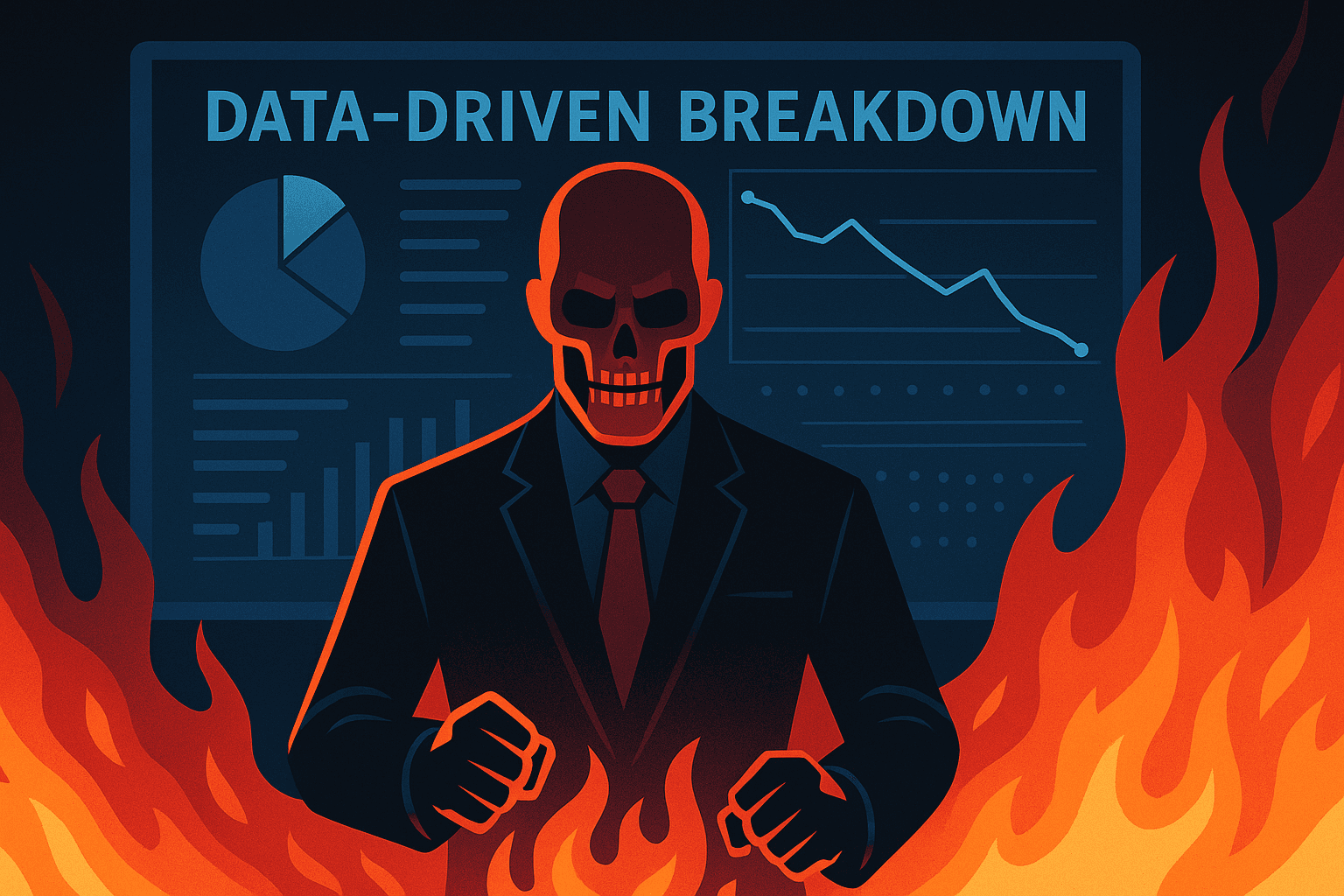Leadership
When One Toxic Leader Destroys a High-Performing Team — A Hard, Data-Driven Breakdown
12 min read

When One Toxic Leader Destroys a High-Performing Team — A Hard, Data-Driven Breakdown
Toxicity isn’t a “culture problem.” It’s a systems failure. When a toxic individual gains power — manager or IC — they distort incentives, break trust, and silently sabotage output across the org.
1. The Four Toxic Archetypes
- The Credit Stealer — hijacks wins and shifts blame.
- The Gatekeeper — blocks access to maintain power.
- The Chaos Agent — unpredictable, constantly changing scope.
- The Political Operator — image-first, results-last.
2. Metrics to Detect Toxicity
- Attrition 2–3× higher than neighboring teams.
- Rework rate >18% due to shifting requirements.
- 1:1 cancellation >35%.
- Escalations increasing despite stable project scope.
3. Financial Cost Formula
Total Cost = (Hiring Cost + Ramp-Up + Lost Productivity + Team Output Loss)One toxic manager can cost ₹1.2–₹2 crore per year in hidden damage.
4. 30-Day Executive Remediation Plan
Day 1–7: Diagnose
- Pull attrition + sprint metrics.
- Run a short anonymous pulse survey.
- Audit rework, delays, and stakeholder inconsistencies.
Day 8–15: Contain
- Strip access bottlenecks.
- Reassign vulnerable reports.
- Move approvals to skip-level.
Day 16–25: Intervene
- Document behaviors.
- Start structured improvement plan.
- Immediate removal for legal/harassment issues.
Day 26–30: Repair
- Rebuild sprint norms.
- Re-establish transparent communication flows.
- Create bypass escalation paths.
5. Long-Term Immunity
- 360 managerial reviews twice yearly.
- Behavior metrics weighted 30% in promotions.
- Mandatory 1:1 cadence policy.
#Management#HR#EngineeringLeadership#Culture

Written by
Yogesh Mishra